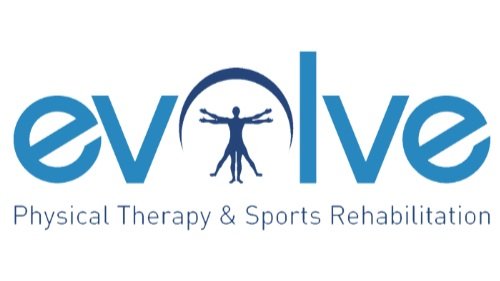Evolve Vestibular Program
What is Vestibular Rehabilitation?
Vestibular rehabilitation is the means through which a physical therapist or other clinician can provide therapeutic treatments for issues that involve the vestibular system. Symptoms of such disorders can include: vertigo, disequilibrium, nausea, gaze stability issues, and balance impairments.
Who would benefit from vestibular rehabilitation?
Any person who suffers from vertigo, disequilibrium, or balance impairments as a result of other neurological or vestibular disorders can benefit from vestibular rehabilitation. The symptoms can be treated or managed through skilled physical therapy.
What do vestibular treatments entail?
Depending on the assessment of the provider, following a thorough and comprehensive examination, the vestibular specialist would inform the patient of the most evidence-based treatment options. For BPPV (benign paroxysmal positional vertigo), which is the most common cause of vertigo, the treatment is a simple maneuver of the patient’s head to clear the inner ear canals of the crystals that often cause vertigo when moved inside the canals. These maneuvers are as effective as 90% within the first treatment. However, some individuals require two or more treatments to fully clear the inner ear canals of the problematic crystals.
In cases of vestibular hypofunction (e.g. Meniere’s disease, vestibular neuritis/labyrinthitis, acoustic neuroma, etc.), the most evidence-based approach would consist of gaze stability exercises, balance exercises, habituation exercises, and endurance exercises.

